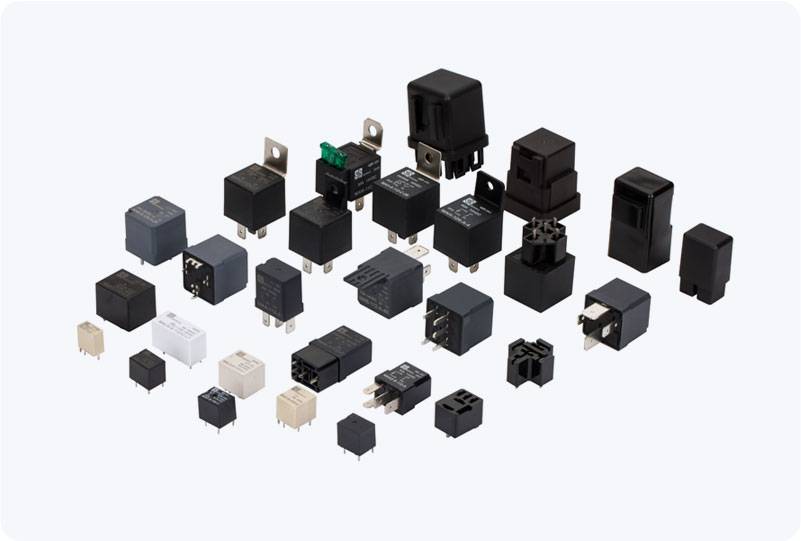In recent years, electric vehicles (EVs) have gained significant popularity due to their environmental benefits and technological advancements. As the demand for EVs grows, so does the need for efficient and reliable charging infrastructure. One crucial component that ensures smooth operation of DC fast-charging stations is the DC Charging Station Relay. This article delves into the function, importance, and technological aspects of DC Charging Station Relays in the context of modern EV charging networks.

What is a DC Charging Station Relay? A DC Charging Station Relay is an electrical component used in direct current (DC) fast-charging stations for electric vehicles. Its primary function is to manage the flow of electrical power between the charging station and the vehicle’s battery. These relays operate as switches, opening and closing electrical circuits to control the delivery of high-voltage DC power to the vehicle, ensuring a safe and efficient charging process. The Role of DC Charging Station Relays in EV Charging In a DC fast-charging station, the relay plays an essential role in regulating and controlling power flow. Unlike standard AC chargers, which convert AC power to DC within the vehicle, DC fast chargers directly deliver DC power to the vehicle’s battery. This process requires precise management of voltage and current levels to prevent damage to the battery and ensure safe operation.
Leave a Reply
You must be logged in to post a comment.